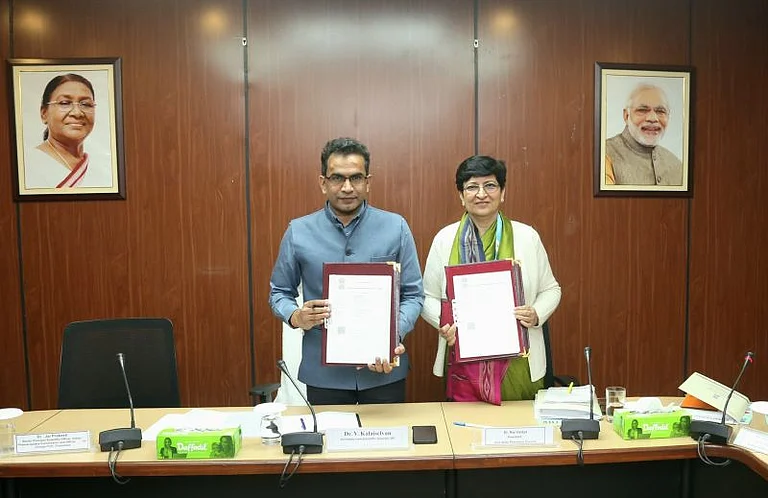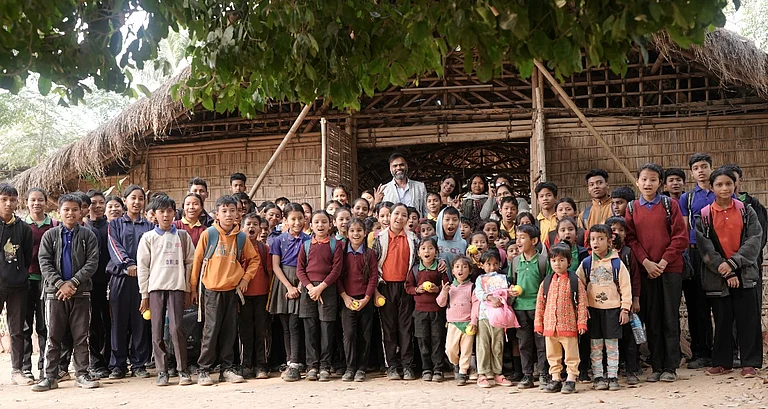In response to the Maldives government's recent actions, the Maldivian Democratic Party (MDP) and the Democrats, two primary opposition parties, voiced their concern over what they perceive as an "anti-India stance." In a joint statement, they declared India as their "most long-standing ally."
The opposition parties expressed worry about the Maldivian government's decision to allow a Chinese research and survey ship to dock at a Maldivian port, describing it as "extremely detrimental" to the country's long-term development. The tensions between India and the Maldives escalated further when President Mohamed Muizzu chose Beijing as his first official visit, breaking from the tradition of making New Delhi the first port of call for a Maldivian President.
In their statement, the parties noted, “The current administration appears to be making a stark pivot towards an anti-India stance. Both, the MDP and The Democrats believe alienating any development partner, and especially the country’s most long-standing ally will be extremely detrimental to the long-term development of the country.”
During a joint press conference, MDP's Chairperson Fayyaz Ismail, Deputy Speaker of the Parliament Ahmed Saleem, Democrats Party President Hassan Latheef, and Parliamentary Group Leader Ali Azim emphasised the importance of working with all development partners for the benefit of the Maldivian people. They stressed that stability and security in the Indian Ocean are crucial for the stability and security of the Maldives.
With a collective 55 seats in the 87-member house, the opposition parties pledged to collaborate on governance matters. Their concerns extended to issues of transparency, including the lack of transparency in the state's financial status and the opacity surrounding Memorandums of Understanding (MOUs) and Agreements with foreign entities.
The joint statement, addressing these apprehensions, was shared on the official websites and social media handles of both parties. The opposition also criticized attempts to censor the media and interfere with press freedom.
On January 14, India and the Maldives agreed to expedite the withdrawal of Indian military personnel from the island nation. Approximately 70 Indian troops, along with aircraft, are stationed in the Maldives, and their removal was a significant promise during President Mohammad Muizzu's election campaign.
The opposition's concerns further intensified with derogatory remarks made by Maldivian deputy minister and other officials about Prime Minister Narendra Modi's proposal to develop Lakshadweep into a global beach tourism destination.


























